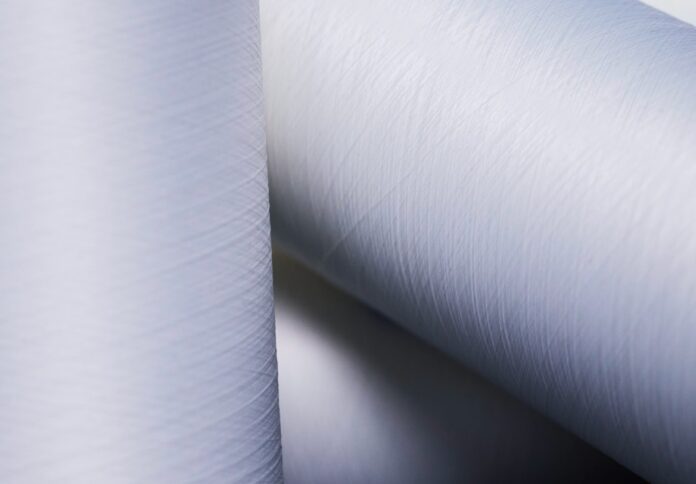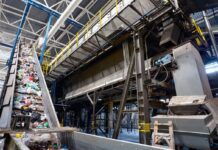
Deakin University’s Recycling and Clean Energy Commercialisation Hub (REACH) has partnered with Australian company Samsara Eco to accelerate the development of enzyme-based recycling technology aimed at tackling one of the textile industry’s most pressing challenges – recycling synthetic fibres and mixed materials that are typically considered unrecyclable.
In a news release, Deakin said the collaboration is focused on breaking down fossil-fuel-derived materials, such as nylon and polyester, which make up nearly 60 per cent of clothing in Australia.
It is reported that these materials are rarely recycled, with less than one per cent of used garments converted into new clothing, leading to high volumes of textile waste ending up in landfill or incineration.
According to Deakin, Samsara Eco’s enzyme technology, developed using artificial intelligence, is designed to break these synthetic fibres down into their original building blocks.
This process, known as enzymatic depolymerisation, enables the material to be rebuilt into new products with virgin-equivalent quality, without the degradation that occurs with traditional mechanical recycling.
“We are laser-focused on creating true circularity and that means finding a solve for all plastics,” said Paul Riley, Founder and CEO of Samsara Eco. “This research supports our efforts to make this a reality. Our research collaboration with Deakin will support our efforts to recycle more waste at speed, scale and with precision.”
The partnership will leverage Deakin’s expertise in chemical analysis and polymer processing to better understand the additives found in textile waste, including dyes, coatings and finishes, which can interfere with the recycling process.
Distinguished Professor Colin Barrow, Chair in Biotechnology at Deakin’s School of Life and Environmental Sciences, said the university’s research is addressing the impact of these chemical treatments on the breakdown and rebuilding of synthetic fibres.
“Our research tackles a critical challenge in textile recycling – understanding how dyes, textile finishes, coatings and other chemical treatments affect the breakdown and rebuilding of synthetic fibres,” Professor Barrow said.
“We are exploring solutions by analysing these contaminants and determining their impact on textile recycling processes, to make it possible to produce high-performance recycled materials from all types of waste feedstock.”
Associate Professor Chris Hurren from Deakin’s Institute for Frontier Materials, who is also involved in the project, said the research includes testing how these recycled materials perform in real-world manufacturing conditions.
“By testing how these materials perform in real-world polymerisation and processing, we’re helping to refine the recycling pipeline and bring closed-loop textile recycling closer to commercial reality,” Associate Professor Hurren said. “We’re working to unlock a scalable, circular future for fashion – one that reduces reliance on harmful inputs and keeps textiles out of landfill.”
With its first commercial facility scheduled to open in Jerrabomberra later this year, Samsara Eco aims to recycle 500 million clothing items and 10 billion plastic bottles annually by 2030.
“We’re uniquely positioned to recycle mixed plastics and fibres,” Riley said. “Together with Deakin’s researchers, we can find further recycling solves to keep more out of landfill and in circulation.”


















